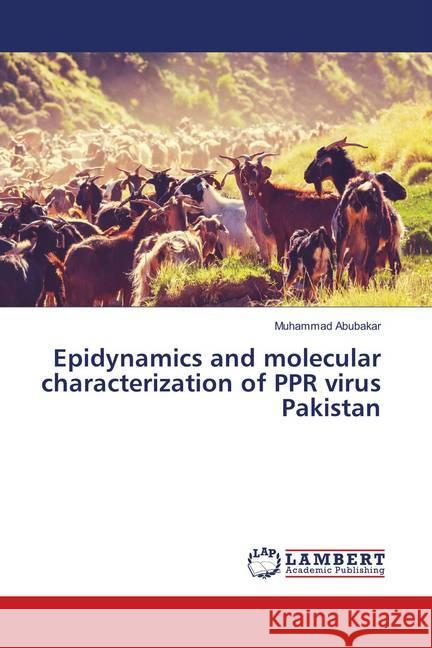Epidynamics and molecular characterization of PPR virus Pakistan » książka
Epidynamics and molecular characterization of PPR virus Pakistan
ISBN-13: 9786138335740 / Angielski / Miękka / 2018 / 184 str.
Peste des Petits Ruminants (PPR) is a highly fatal and economically devastating disease of sheep and goats. Present study was designed to have an insight into the molecular epidemiology of PPR in the country and to investigate the persistence and transmission of PPR virus using molecular tools under field conditions. Overall, disease affected all three age groups of sheep and goats but the younger animals were more severely affected with a morbidity rate of 37.19%. The results of the phylogenetic tree indicated that all Pakistani PPRV strains were clustered in lineage IV which is the most prominent and prevalent lineage of Asia. Based on serology of 19575 serum samples from sheep and goats, 27.53 percent of the samples were positive for PPR antibodies. PPR viral antigen was detected in fecal matter for one month following vaccination. In contrast the unvaccinated animals shed virus antigen in fecal material for up to two months following outbreak resolution. Keeping in view all the findings, it is indicative of PPR endemic state in the country and the role of disease persistence, production systems of small ruminants as well as animal movements are key factors.











